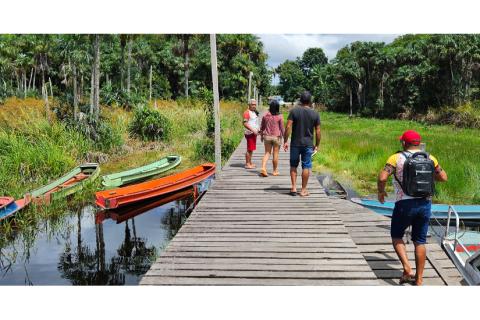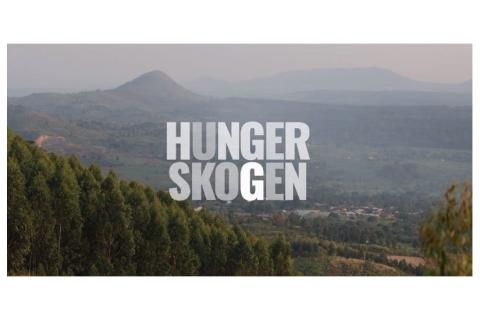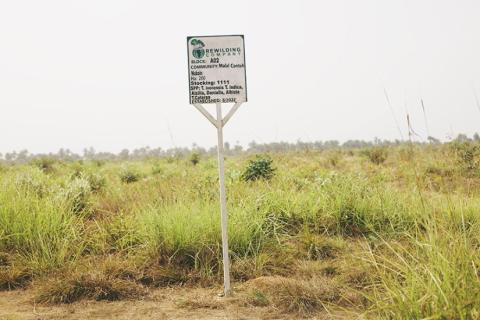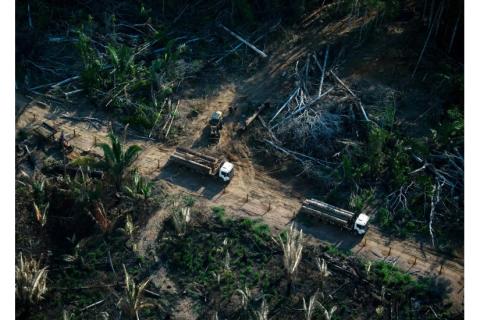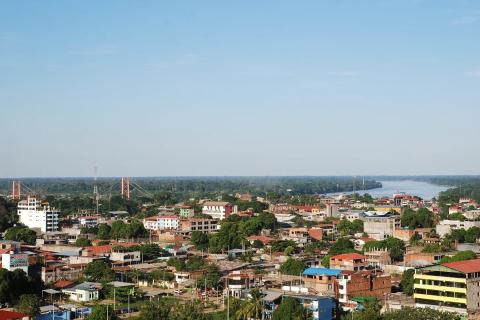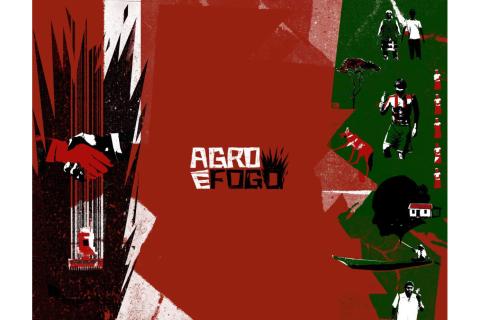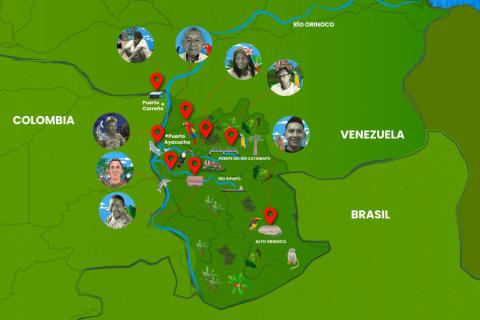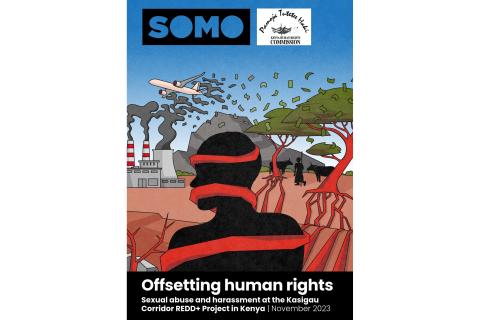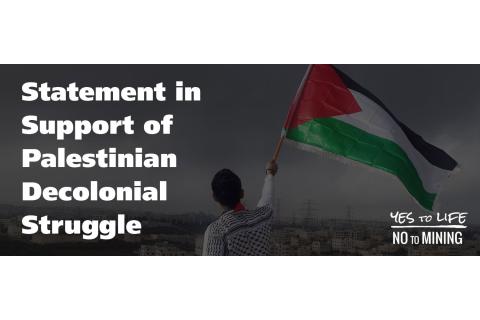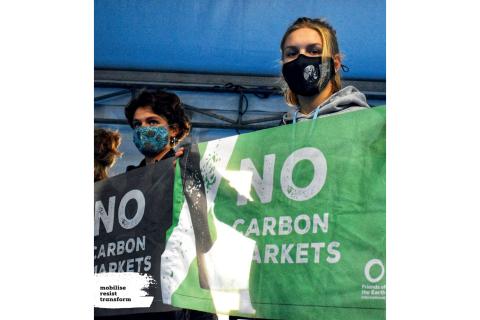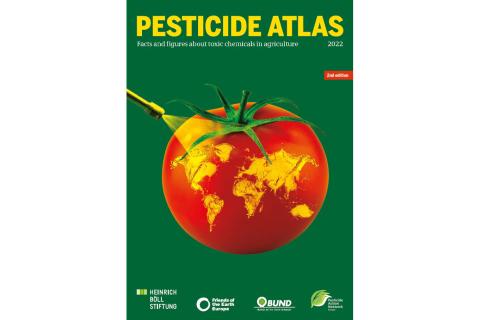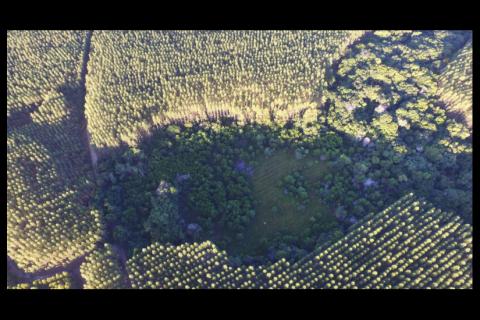The podcast “Faroeste carbono” tells the story of how Carbonext, one of the largest carbon offset companies in Brazil, convinced quilombola communities in the state of Para in the Brazilian Amazon to sign a contract that restricts their autonomy and food production.
Other information
An investigation shows that While companies like the Swedish fast food chain Max Burgers AB sells ‘carbon neutral’ burgers, a carbon offset project in Uganda is pushing families into hunger.
A report documents how a tree planting carbon project in Port Loko, Sierra Leone is violating the country’s community rights laws and risks locking families into 50-year contracts. The British oil company BP has already paid USD 2.5 million to Carbon Done Right, one of the companies behind this tree plantation and carbon offset project.
An investigation exposed how carbon credits from three of the largest carbon offset projects in the Brazilian Amazon are linked to a criminal operation.
The certifying company has turned a blind eye to the fact that the Peruvian government has not only not demarcated the indigenous territory but has also given the company two contracts for concessions.
The Brazilian Coalition Agro é Fogo is made up of social movements and organizations that have worked for decades to defend the Amazon, Cerrado, and Pantanal regions, and the rights of their Peoples and communities.
The production of audio-visual tools, videos and podcasts in the Amazon, where Indigenous Peoples talk about their realities and resistance struggles, is increasing.
In the wake of a year filled with scandals involving REDD-type projects, this report by SOMO released in November 2023 reveals that the North American company Wildlife Works is responsible for serious human rights violations in its Kasigau project, in Kenya.
Members of the Yes to Life, No to Mining network, with others, expressed their solidarity with the people of Palestine and its struggle for self-determination by means of a statement making the connection between colonialism, mining, militarization and war. The Statement is still open for signatures.
Friends of the Earth International made available a very useful tool for organizations and activists that oppose false climate solutions.
The material presents a broad overview of the theme, with data on use and impacts of agrotoxins on agriculture, health and the economy, among others.
The network released an open letter in which it denounces the impacts of the plantations and the crimes committed by the companies. At the same time, they demand reparation and reaffirm resistance against tree monocultures.
